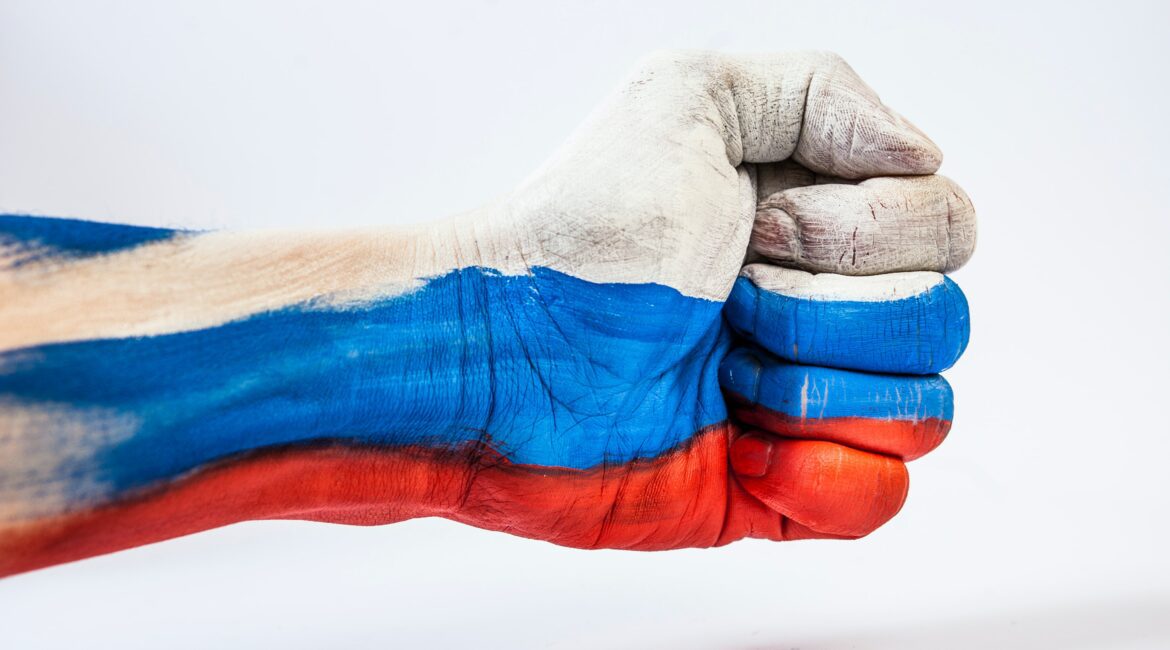Last week, a number of Middle Eastern countries, who are traditionally friendly with the United States and the European Union, didn't want to straight away or openly condemn the Russian invasion of Ukraine. But over the past few days this has changed and almost all countries in the Middle East signed the resolution. Of 193 UN member nations, 141 voted to support the motion, another 35 nations abstained and only five voted against the resolution.
Of those five, Syria was the only country from the Middle East and the reasons for this are clear: Russia is an ally of Syrian leader Bashar Assad and tipped the balance of the Syrian civil war in his favour in 2015.
Iran and Iraq were among 35 official abstentions from the UN vote. Morocco did not vote at all.
While the majority of Middle Eastern nations may have signed the resolution, only three — Israel, Kuwait and Turkey — seem to have actually mentioned Russia by name. Instead they emphasized peace, diplomacy and respect for territorial integrity of other countries. Some Middle Eastern nations didn't even mention Ukraine.
Analysts believe that this balancing act has been going on for some time in the Middle East, due to the slow US pivot away from the region, which started under former US President Barack Obama. That's also why, at least at first, a lot of Middle Eastern countries simply didn't see the issue as their fight. Instead, they saw the Ukrainian crisis as primarily engaging the interests of the US, EU and NATO, allowing them to remain safely on the sidelines.
There are three main areas in which ties have developed between Russia and the Middle East recently:
Security: for countries like Jordan and Israel, Russia's hold over Syria plays a major role. Israel depends on Russian cooperation to be able to strike at the proxies of its regional enemy Iran in Syria and Jordan is just next door to Syria.
Russia has also backed factions fighting in Libya for a warlord sponsored by the UAE. It also has a relationship with Iran, with whom it must work in Syria; Iran also backs the Assad government there.
Trade: Algeria, Tunisia, Libya, Lebanon and Egypt all import wheat from Ukraine and Russia and any shortage will cause them big problems and price rises. The UAE also acts as a major financial hub for Russians and will be forced to evaluate banking sanctions.
Energy interests: In 2016, Russia joined an organization called OPEC+, which expanded the original Organization for Petroleum Exporting Countries and added more members. In OPEC+, Russia collaborates with major players like Saudi Arabia to regulate oil supply, and thereby oil prices.

